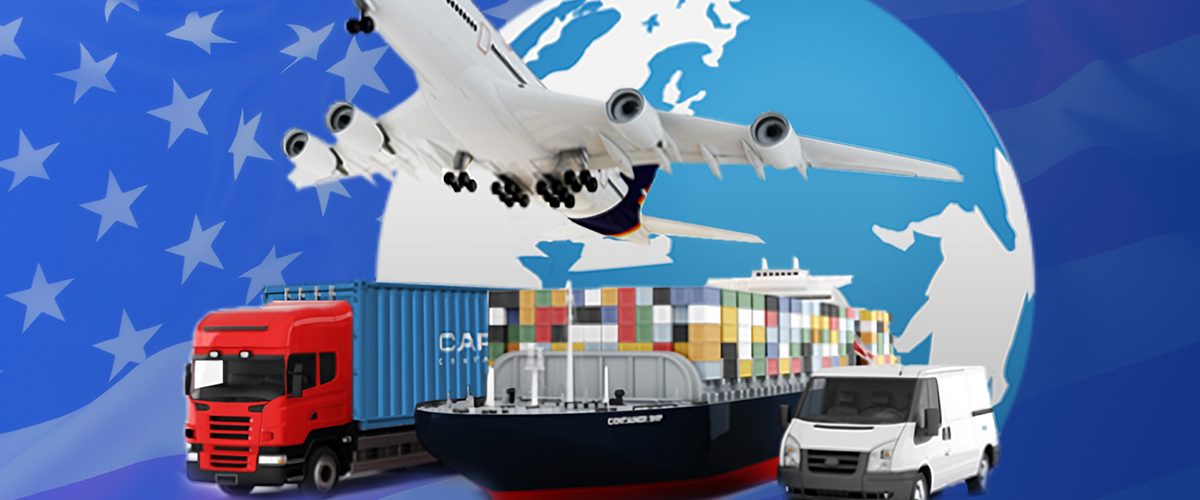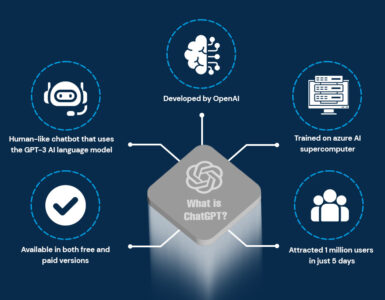The Biden administration issued a proclamation to modify the Harmonized Tariff Schedule (HTS) of the U.S. (HTSUS) on the 23rd of December 2021. The proclamation was published with a 30 day implementation timeline.
The US International Trade Commission (USITC) has implemented the changes to the HTS with World Customs Organization’s (WCO) five-year updation of the Harmonized Commodity Description and Coding System.
WCO makes this update every 5 years in order to keep the HS up to date with all the latest technological developments. These changes will also provide visibility into new product streams and emerging global issues.
Read our blog to learn more about the HTS and key factors in HS 2022 amendments.
The modifications to the HTS will impact 350 products and product groups that are under various sections in the HTSUS. It will change the tariff codes of the 350 importing products. The suggested modifications also make changes to the nomenclature of the HTSUS changing;
- HTSUS headings
- HTSUS subheadings
- Section notes
- Chapter notes
- Additional U.S. notes
- General notes
In the proclamation, pursuant to section 1206(a) of the 1988 Act, President Biden determines that the proposed modifications is “in conformity with United States obligations under the Convention and do not run counter to the national economic interest of the United States”.
Access the final report issued by the U.S. International Trade Commission (USITC) on the modifications done to the HTS.
The proclamation issued by the White House also stated that as of 1st of January 2022, Ethiopia, Guinea, and Mali will be removed as beneficiary sub-Saharan African countries under the African Growth and Opportunity Act (AGOA). This is due to violation of human rights by the mentioned countries.
How will these changes impact freight forwarders?
Freight forwarders should closely refer and review the modification and implement the necessary changes. The revisions done to the tariff codes will impact current and future imports and help freight forwarders to be compliant to US import and customs laws and regulations.
HTS codes determine the duty needed to be paid. It is important that importers review any impact to identify which areas would allow them to save duty and analyse all duty preference programs.
How Cargowise and CargoDoc will help with this transition?
BorderWise is fully updated in line with the HS 2022 changes. It provides single window access to the full breadth of World Customs Organization publications including Harmonized Commodity Coding system and Valuation principles, Country specific law, Global free trade agreements, Treaties and so much more.
CargoWise adds further auditing capabilities, ensuring the declarations you handle on behalf of your customers are accurate and legally compliant.
Cargodoc is a smart OCR AI software that will help automate your data entry CargoWise more accurately and cost-effectively. It is jointly developed by Soft Freight Logic and Deep Cognition, 2 leaders in the logistics technology industry.
The CargoDoc team has a local presence in the US and have domain expertise in Customs of over 15 years with CargoWise Platinum Status over the last 5 years. The vast domain knowledge and experience on customs, tax laws, etc, which are unique to the supply chain industry, have enabled us to create the most suitable smart OCR solution in the market for Freight forwarders and 3PLs. For more information and a product demo email us at sales@cargodoc.ai






